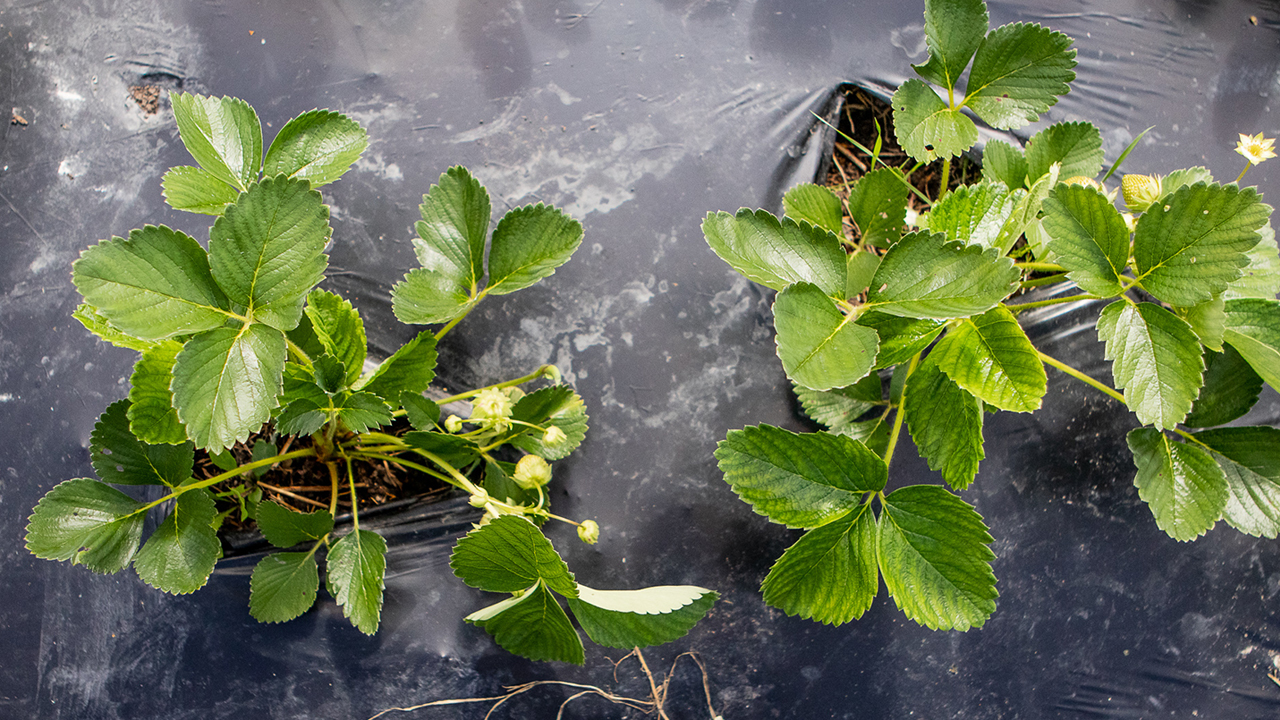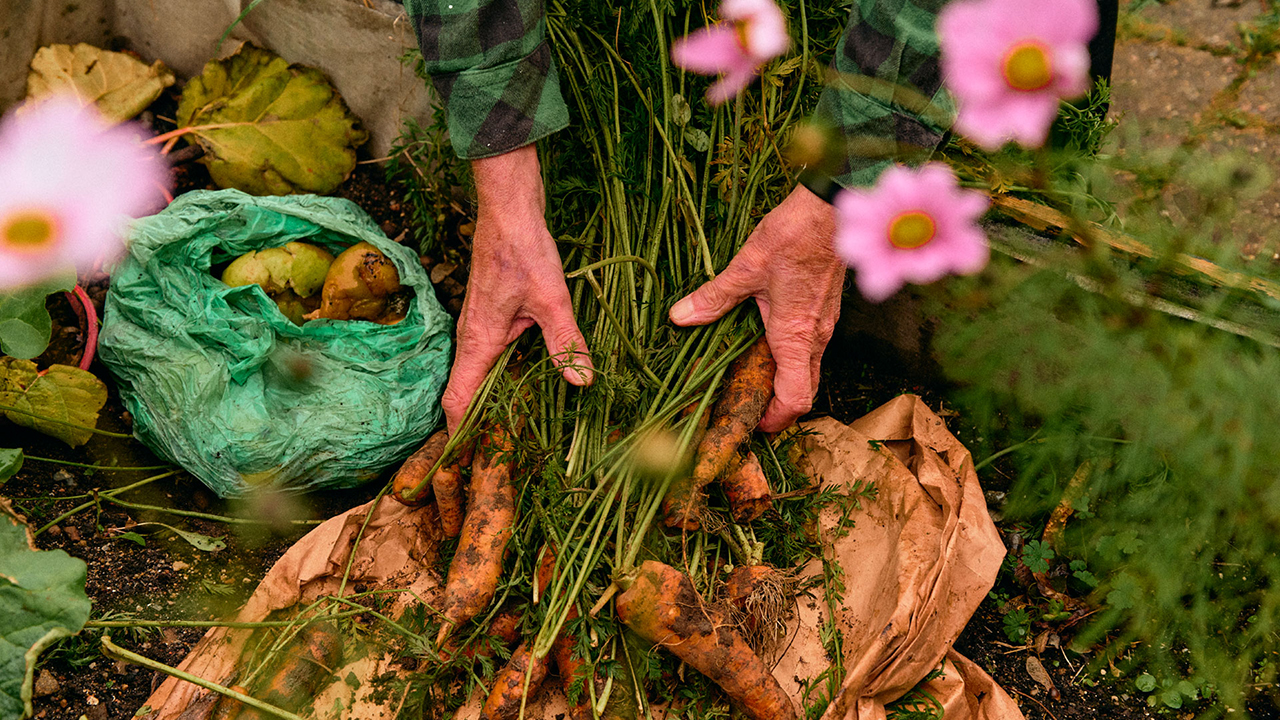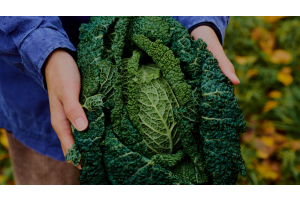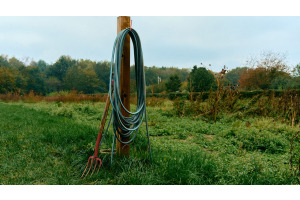Monthly Archives: February 2022
-
Posted: March 09, 2022Read more »
The report of the Food and Agriculture Organisation of the United Nations assessed the sustainability of agricultural plastic products. In this report the United Nations recommends the replacement of non-biodegradable, conventional plastic with biodegradable and bio-based plastic which is an important recognition of the environmental benefits of bioplastic products.
The study was done by a qualitative risk assessment focusing on 13 specific agricultural products used in a range of different value chains. The study recommends the use of biodegradable, bio-based plastics instead of traditional plastic for mulch films, fishing gear, polymer coated fertilizers, tree guards and shelters, plant support twines, and pesticide impregnated fruit protection bags. Read the full report here.
With mulch filming representing the largest part of agricultural plastic applications, the questions arise why? Mulching films has several
-
Posted: February 01, 2022Read more »
An other recent study published in the journal, Environmental Science and Technology, concludes that an average person eats approx. 50,000 particles of microplastics a year and breathes in about the same amount. The harm caused to humans by inhaling microplastics is not yet known. But experts say that the particularly harmful aspect of microplastics is that they can carry other airborne pollutants into our lungs and blood streams. These microplastic particles can cause cardiovascular disease, cancer and affect the immune and nervous systems.
We must all make an effort to minimize plastic in nature
The most obvious action is, of course, to not throw plastic away in the countryside, but there are also other ways to avoid both plastic and microplastic pollution. We can think about minimizing the use of unnecessary plastics such as straws, shopping bags, cosmetics with plastic bits and water bottles, etc.
At the same time, we must replace conventional
-
Posted: January 12, 2022Read more »
A clear advantage is the significant increase in the quality and quantity of separately collected organic waste and a corresponding increase in the amount of compost produced. Due to misunderstandings, there are different opinions and misconceptions are unfortunately quite common - both within municipalities as well as among consumers.
The study highlights some of the many scientifically proven benefits that certified industrial compostable organic waste bags offer to municipalities, citizens and to the environment. They significantly reduce the amount of conventional plastic in compost, as shown by a study published by the Wizenhausen Institute and University of Bayreyth.
Large scale experiments in Berlin, Milan, Munich and other cities showed that the amount of separately collected organix waste increased significantly by using the industrial compostable organic waste bags. Ventilated







